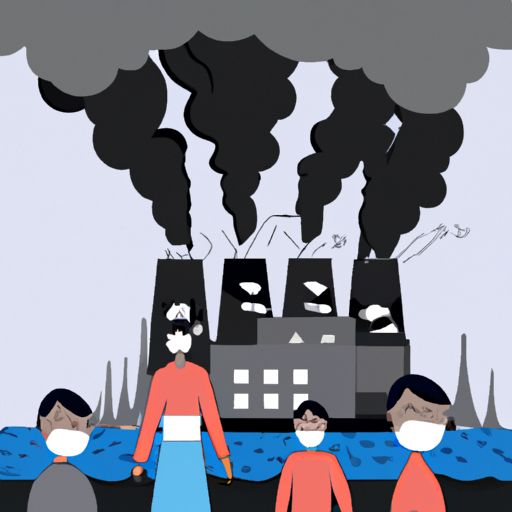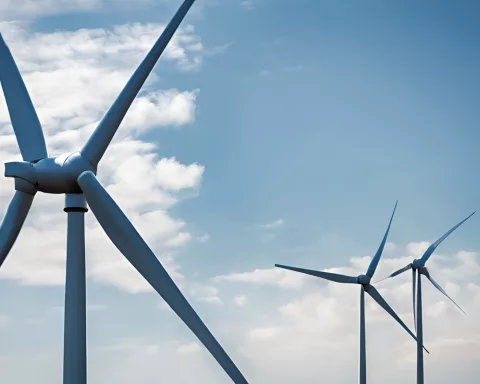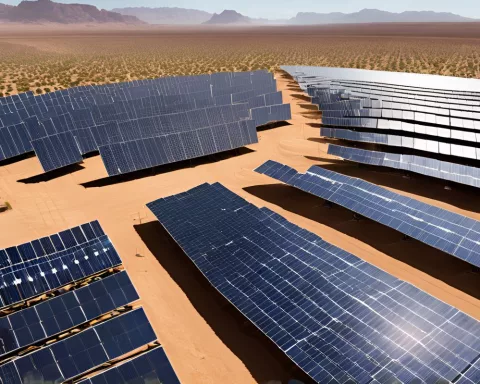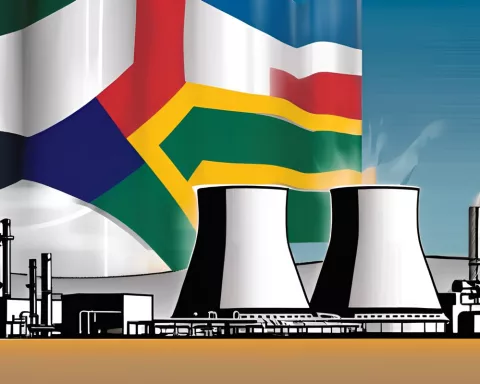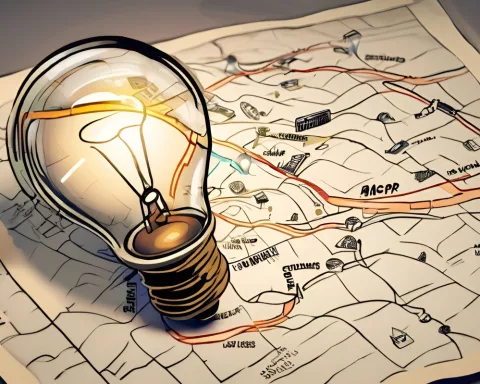South Africa’s electricity supply has been in crisis for years, with power cuts an almost daily occurrence for many citizens. The situation has only worsened as Eskom, the country’s leading power supplier, struggles to keep up with demand. The problem is particularly acute during winter when the need for electricity skyrockets due to the colder temperatures. The newly appointed Electricity Minister, Kgosientsho Ramokgopa, has warned that this winter could be “tough” if Eskom’s grid remains as constrained as it currently is.
Eskom’s Load Shedding and the Struggle to Meet Demand
Eskom has been forced to implement Stage 6 load shedding from 4 pm each day, followed by Stage 5 load shedding from 5 am to 4 pm until further notice. In addition, the power utility reported a shortage of generation capacity on Wednesday as demand increased following a decrease over the Easter long weekend. Eskom needs approximately 66,000 megawatts to make up for the deficit between demand and supply to help people to avoid a dark and cold winter. Eskom’s statement explained that delays in returning a unit to service at several power stations have contributed to the capacity constraints, adding that the increase in demand after the long weekend and the re-opening of schools has put additional strain on the power generating system.
As of Wednesday afternoon, breakdowns amounted to about 16,772 MW of energy being offline, with a further 5,807 MW due to maintenance. The situation could become dire for South Africans as they face the possibility of winter without reliable electricity.
The Need for Alternative Energy Sources
Ramokgopa has doubled down on “unreliable” coal-fired power stations as he tries to find a solution to the current power crisis. However, the DA’s Kevin Mileham, Shadow Minister of Mineral Resources and Energy, believes that Eskom load shedding will continue to wreak havoc on South Africa until communities can find alternative solutions.
The Democratic Alliance contends that so long as the ANC continues to stand in the way of communities attempting to liberate themselves from Eskom load shedding, renewable energy generation in South Africa will have difficulty getting off the ground. A recent oversight visit by the DA was made to the town of Frankfort, which is located in the state of Free State and where Eskom is attempting to prevent solar farms from supplying the people with electricity. The Democratic Alliance (DA) feels that the African National Congress (ANC) is making a mistake by extending the life of coal plants, which is expensive for taxpayers and will never match the present energy demand in South Africa.
While several Independent Power Producer (IPP) projects are currently in the pipeline, it remains to be seen whether the government will be willing to deregulate the energy supply industry or allow other players to enter this market. The DA believes the solution is “a deregulated, competitive, reliable, and affordable energy supply to end load shedding.”
South Africans need a reliable source of electricity, and Eskom cannot meet this need. Therefore, the government must act quickly to find alternative solutions and ensure that the country has a stable and sustainable energy supply.

